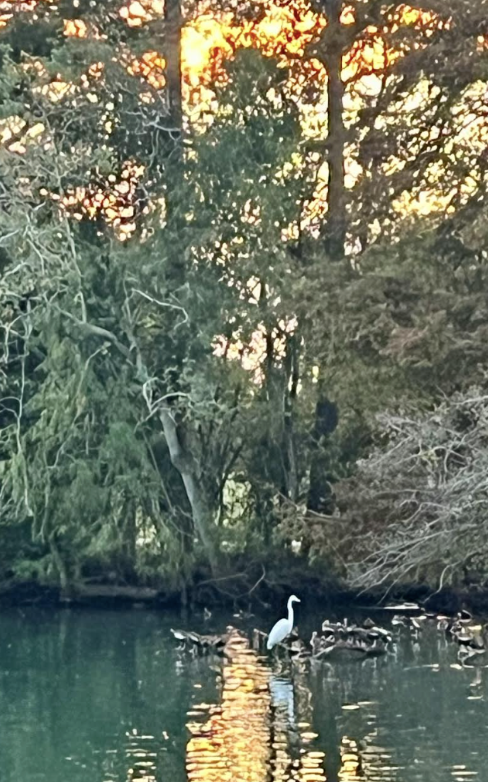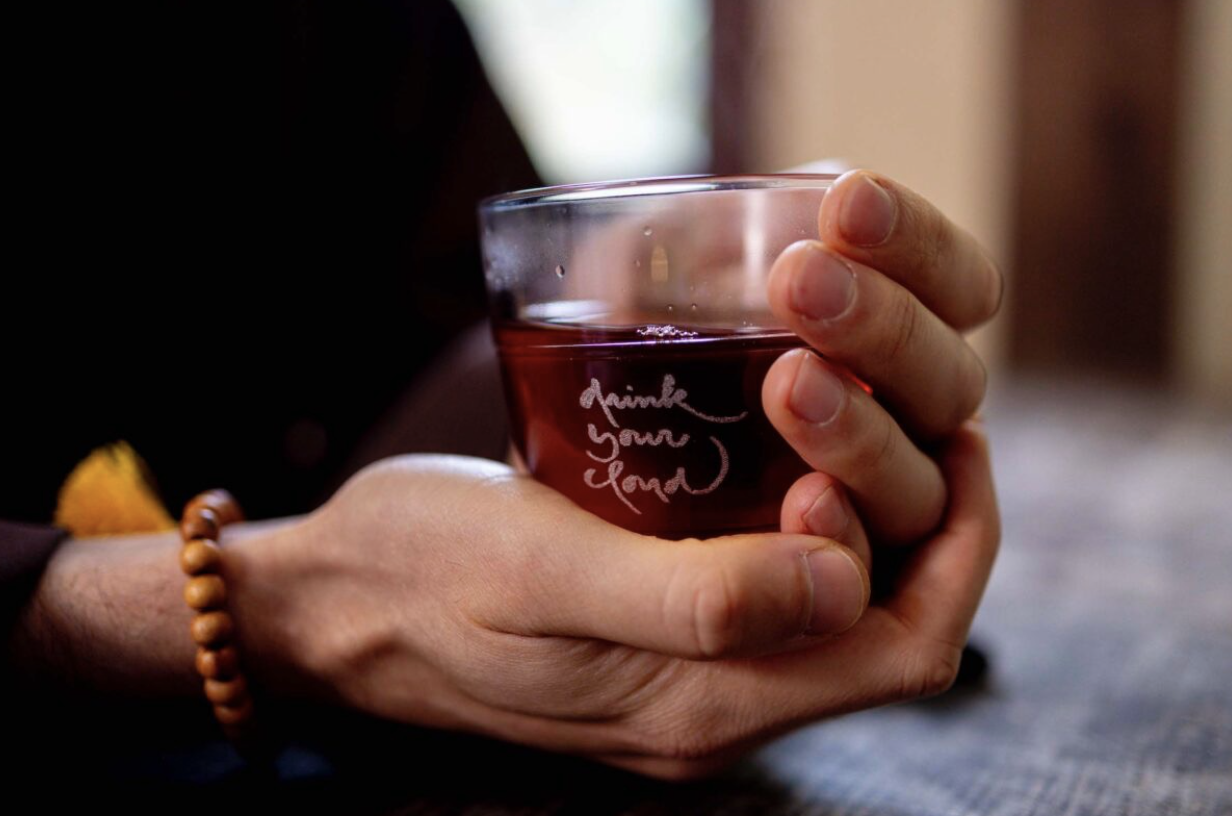This Monday Bea will facilitate.
She shares:
As I sat down to write this, it occurred to me that Monday evening would officially be the first meditation sangha that we have under this new Administration. By the time we sit down and meditate together, the Women's March on Washington will also be in the past. Over the last six weeks, I have pondered over the question of how to practice spirituality in these turbulent times. Although my struggle for a meaningful answer is not over, I found some comfort and purpose in a few of Thich Nhat Hanh's book. Here are some excerpts that I want to share with you:
Excerpt - 1
Work - How to Find Joy and Meaning in Each Hour of the Day
"A Collective Awakening" pg. 104
"Regardless of what work we do, part of our work is to help bring about a collective healing transformation and awakening for our own well-being and for the sake of our planet. The insight of interbeing can help in this, but we need a collective awakening. Every one of us has to work to produce this collective awakening. If you are a journalist, you can do this as a journalist. If you are a teacher, you can do this as a teacher. Without the awakening, nothing will change. Awakening and awareness are the foundation of all change. Each of us has to sit down and look deeply to see what we can be, what we can do today to relieve the suffering around us, to help reduce stress, and to bring about more joy and happiness. We can do this by ourselves, or with a group of people, with our colleagues or with our family. There is so much suffering in the world but, at the same time, there is also the potential for so much joy. By living your life with awareness, protecting your own work of art, you can contribute to the work of collective awakening."
Excerpt - 2
Silence: The Power of Quiet in a World Full of Noise
"Individual Consciousness" pg. 36 - 38.
"When we direct our attention to certain elements of our consciousness, we're "consuming" them. As with our meals, what we consume from our consciousness may be wholesome and healthy, or it may be toxic. For example, when we are having a cruel and angry thought, and we replay it over and over again in our mind, we are consuming toxic consciousness."
"Every one of us has the capacity to love, to forgive, to understand and to be compassionate. If you know how to cultivate these elements within your consciousness, your consciousness can nourish you with this healthy kind of food that makes you feel wonderful and benefits everyone around you. At the same time, in everyone's consciousness, there is also the capacity for obsession, worry, despair, loneliness and self-pity. If you consume sensory food in a way that nourishes these negative elements in your consciousness-if you read tabloids, play violent electronic games, spend time online envying what others have done, or engage in a mean-spirited conversation-the anger, despair or jealousy becomes a stronger energy in your consciousness. You are cultivating the kind of food in your mind that isn't healthy for you...you can choose to cultivate things in your consciousness that will nourish you rather than the toxic things that will poison you and make you suffer... We can do a lot of damage to ourselves and to our relationships when we don't pay attention to what we are taking into ourselves and cultivating in our minds."
The 3rd and final excerpt is also from the book,
Silence: The Power of Quiet in a World Full of Noise
"Collective Consciousness" pg. 39-41.
"In addition to our individual consciousness, we also take in the collective consciousness. Just as the Internet is made up of many individual sites, collective consciousness is made up of individual consciousness. And each individual consciousness contains elements of the collective consciousness... Like individual consciousness, collective consciousness can also be healing-for example, when you are with loving friends or family, or with strangers in a situation of mutual appreciation such as listening to music, seeing art, or being in nature. When we surround ourselves with people who are committed to understanding and loving, we're nourished by their presence and our own seeds of understanding and love are watered."
"It's much easier to achieve and appreciate quiet when you have a supportive environment. If you can't bring yourself into a quieter, more peaceful physical environment, surround yourself as much as you can with people who help foster a collective energy of calm and compassion. Consciously choosing what and who you surround yourself with is among the keys to finding more space for joy."
See you Monday evening.
Namaste,
Bea











